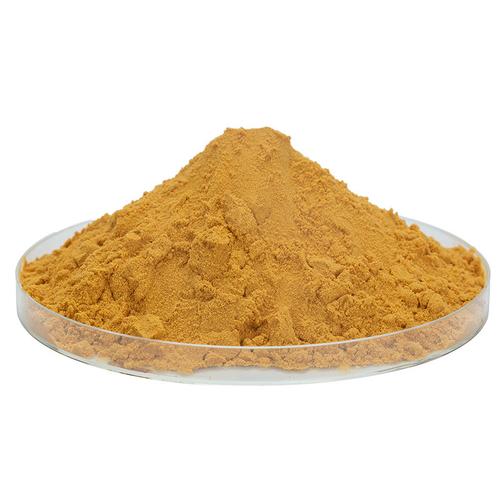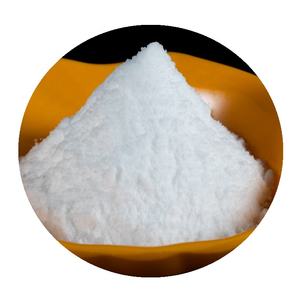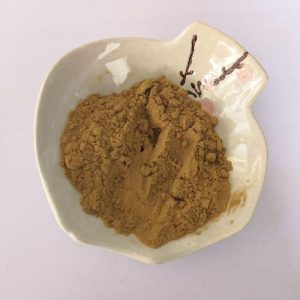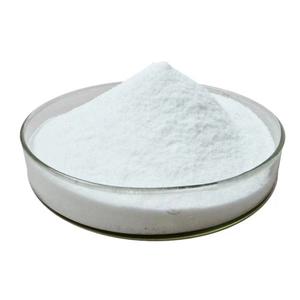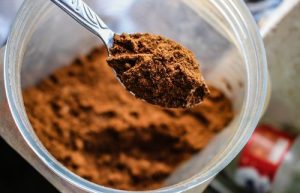Professional and high-quality metal alloys, ceramic products and concrete additives | RBOSCHCO
PRODUCT PARAMETERS
Description
| Disodium Lauryl Sulfosuccinate Properties | |
| Other Names | N/A |
| CAS No. | 19040-44-9 |
| Compound Formula | C12H25COCH2CH(SO3Na)COONa |
| Molecular Weight | N/A |
| Appearance | NA |
| Melting Point | N/A |
| Boiling Point | N/A |
| Density | N/A |
| Solubility in H2O | N/A |
| Exact Mass | N/A |
| Disodium Lauryl Sulfosuccinate Health & Safety Information | |
| Signal Word | N/A |
| Hazard Statements | N/A |
| Hazard Codes | N/A |
| Risk Codes | N/A |
| Safety Statements | N/A |
| Transport Information | N/A |
(DLS Disodium Lauryl Sulfosuccinate CAS 19040-44-9)
Overview of DLS Disodium Lauryl Sulfosuccinate
DLS, or disodium lauryl sulfosuccinate, is a common surfactant in various household and industrial products. Derived from lauric acid, it is a salt of sulfosuccinate acid with excellent emulsifying, foaming, and wetting properties. DLS is widely used in cosmetics, detergents, and personal care products due to its mildness and effectiveness.
Characteristics of DLS Disodium Lauryl Sulfosuccinate
Excellent Emulsifying Properties: DLS effectively stabilizes emulsions by lowering the interfacial tension between oil and water, ensuring a uniform distribution of ingredients.
Foaming Agent: It produces rich, stable foam, making it ideal for use in cleansers and shampoos.
Wetting Agent: DLS helps water to spread evenly on surfaces, enhancing the cleaning power of detergents.
Compatibility: It is compatible with various chemicals, allowing it to be used in formulations with various ingredients.
Biodegradability: DLS is readily biodegradable, making it an environmentally friendly choice for sustainable product development.
Application of DLS Disodium Lauryl Sulfosuccinate
Cosmetics and Personal Care Products: DLS is commonly found in shampoos, soaps, and lotions due to its mild surfactant properties and ability to create a rich lather.

Cosmetics and Personal Care Products
Cleaning Agents: It is used in laundry detergents, dishwashing liquids, and hard surface cleaners to enhance cleaning performance.
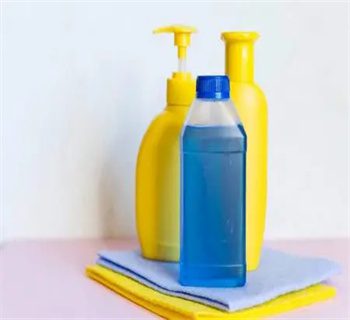
Cleaning Agents
Textile Industry: DLS improves the wettability and penetration of dyes and finishes, ensuring even distribution on fabrics.

Textile Industry
Pharmaceuticals: Its compatibility with drugs and excellent emulsifying properties make it useful in preparing emulsions and suspensions for oral and topical delivery.

Pharmaceuticals
Mining and Oil Extraction: DLS is used as a wetting agent to enhance the flow of ores and crude oil, improving extraction efficiency.

Mining and Oil Extraction

Company Profile
NANOTRUN(www.rboschco.com) is a trusted global chemical material supplier & manufacturer with over 12-year-experience in providing super high-quality chemicals and nanomaterials, including boride powder, nitride powder, graphite powder, sulfide powder, 3D printing powder, etc.
The company has a professional technical department and Quality Supervision Department, a well-equipped laboratory, and equipped with advanced testing equipment and after-sales customer service center.
If you are looking for high-quality DLS Disodium Lauryl Sulfosuccinate, please feel free to contact us or click on the needed products to send an inquiry.
Payment Term
L/C, T/T, Western Union, Paypal, Credit Card etc.

Shipment Term
By sea, by air, by express, as customers request.
FAQ
Q1:
Is DLS safe for skin contact?
Re: Yes, DLS is generally considered safe for skin contact. It is a mild surfactant and does not irritate the skin. Nevertheless, individuals with delicate skin may experience moderate discomfort. Conducting a patch test before using any product containing DLS is always advisable.
Q2:
Can DLS be used in baby care products?
Re: Yes, DLS is suitable for use in baby care products such as shampoos and soaps. Its mildness and ability to produce a gentle lather make it a popular choice for delicate baby skin. However, it is always best to consult a doctor or pediatrician for specific recommendations.
Q3:
Is DLS suitable for use in hair care products?
Re: DLS is commonly used in hair care products such as shampoos and conditioners. It assists in cleaning the hair efficiently while maintaining its dampness balance. Nonetheless, individuals with dry or damaged hair may prefer products including various other surfactants or conditioning agents.
Q4:
How does DLS affect the environment?
Re: DLS is biodegradable, meaning environmental microorganisms can break it down. However, excessive use of surfactants can lead to water pollution. Therefore, it is important to use DLS products responsibly and dispose of them properly.
Q5:
Can DLS be used in food products?
Re: DLS is not typically used in food products due to its surfactant properties; it may be found in certain processed foods as an emulsifier or stabilizer. However, its use in food is tightly regulated and limited to specific applications. Always read the ingredient list of food products to ensure they meet your dietary requirements.

